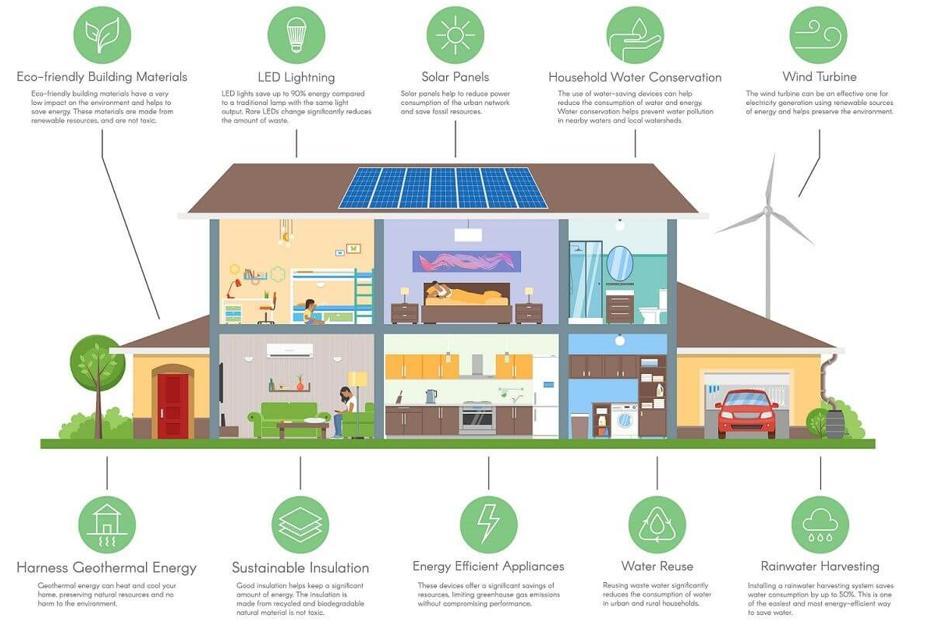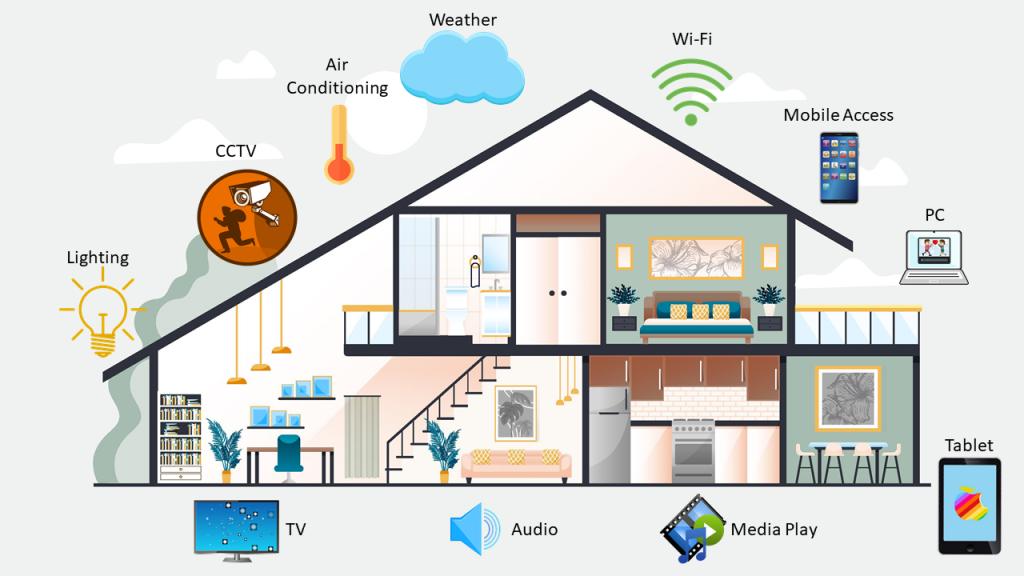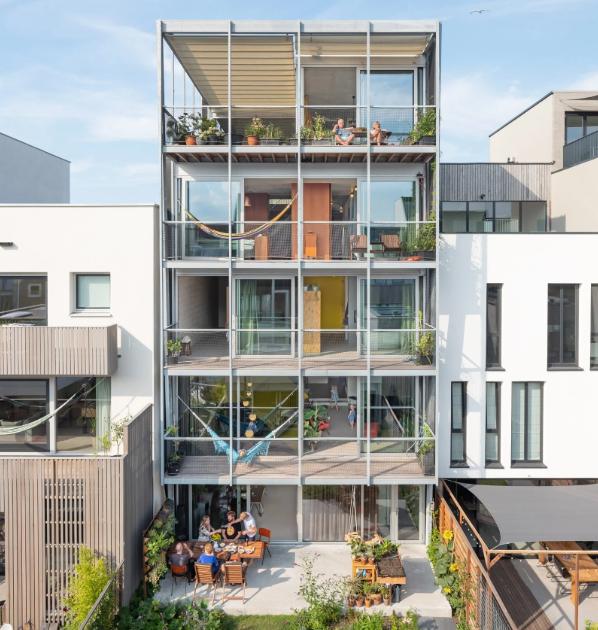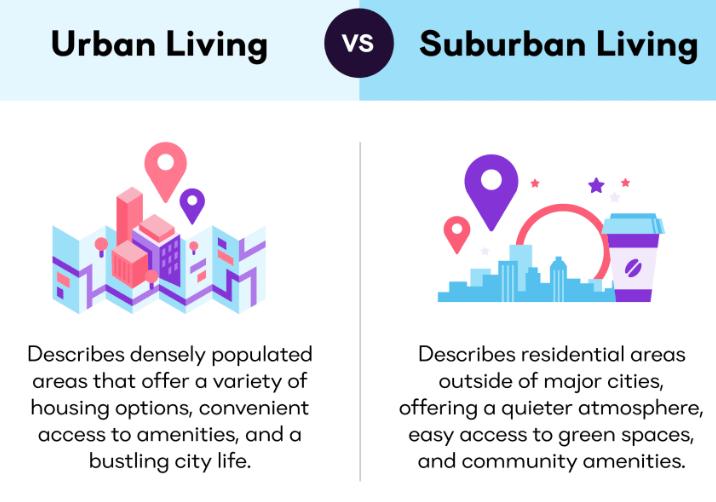


Table of Contents
- Introduction
- Key Trends Millennials and Gen Z Are Creating in Real Estate Investment
- Conclusion
- Faq's
Introduction
The real estate market is undergoing a major shift, thanks to Millennials and Gen Z buyers. These tech-savvy, socially conscious generations are redefining investment trends by prioritizing sustainability, affordability, and flexible living spaces. Unlike previous generations who sought long-term homeownership, Millennials and Gen Z are exploring options like co-living, smart homes, and remote-work-friendly properties. This article delves into the key trends shaping the real estate landscape and how these young investors are influencing the market.

Key Trends Millennials and Gen Z Are Creating in Real Estate Investment
1. Prioritizing Sustainability and Green Living
Millennials and Gen Z homebuyers prefer eco-friendly homes with sustainable materials, energy-efficient appliances, and smart home technology. Solar panels, rainwater harvesting, and green building certifications are becoming key selling points for properties.
 Eco-Friendly Home Tips
Eco-Friendly Home Tips
2. Rise of Smart Homes and Technology Integration
With the increasing use of smart home devices, young buyers seek properties equipped with smart locks, automated lighting, AI-based security systems, and voice-controlled assistants. Tech integration is no longer a luxury but a necessity.
 Smart-Home Tips
Smart-Home Tips
3. Co-Living and Flexible Housing Solutions
Affordability challenges have given rise to co-living spaces where multiple people share amenities. Millennials and Gen Z are also inclined toward renting over buying, making flexible lease terms and shared housing models more popular.
 Co-Living Space
Co-Living Space
4. Urban Preference with a Suburban Shift
While urban centers remain attractive due to job opportunities and lifestyle amenities, a significant portion of young buyers are considering suburban and smaller towns, driven by the affordability and improved work-from-home culture.

5. Remote Work and Home Office Spaces
The shift to remote work has influenced property preferences, with buyers looking for homes that have dedicated office spaces, high-speed internet, and proximity to co-working hubs.

6. Affordability and Financial Planning
Millennials and Gen Z are keen on budget-friendly housing options and government-backed schemes like PMAY (Pradhan Mantri Awas Yojana) and home loan benefits. They also prioritize properties with lower maintenance costs.
7. Digital-First Property Search and Investments
These generations rely heavily on digital platforms, virtual property tours, and AI-driven real estate apps for research and decision-making, making online listings more critical than ever.
Conclusion
Millennials and Gen Z are reshaping the real estate industry with their preference for sustainable, tech-driven, and flexible housing options. Their influence is pushing developers to rethink traditional property offerings and cater to the evolving needs of young homebuyers. As this demographic continues to gain financial stability, their impact on real estate investment will only grow, making it essential for industry players to adapt to these shifting preferences.
explore further
Latest from Home Buying Tips
More from Recommendations
Resources
Dwello, for every home buyer, is a way to go from 'I feel' to 'I know', at no extra cost.


